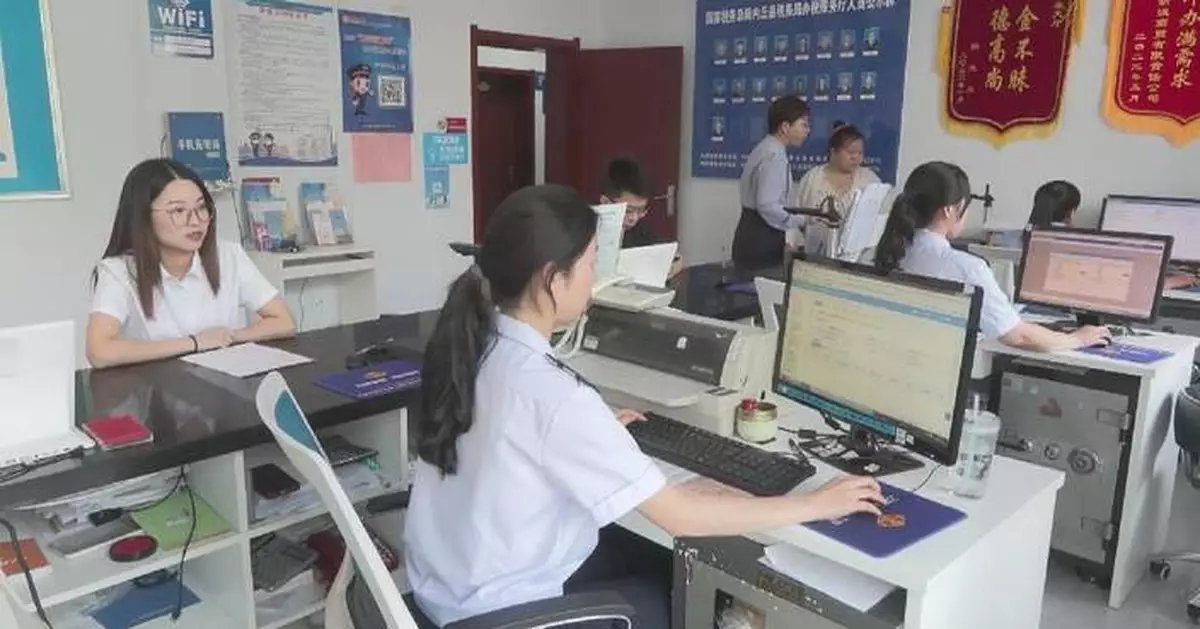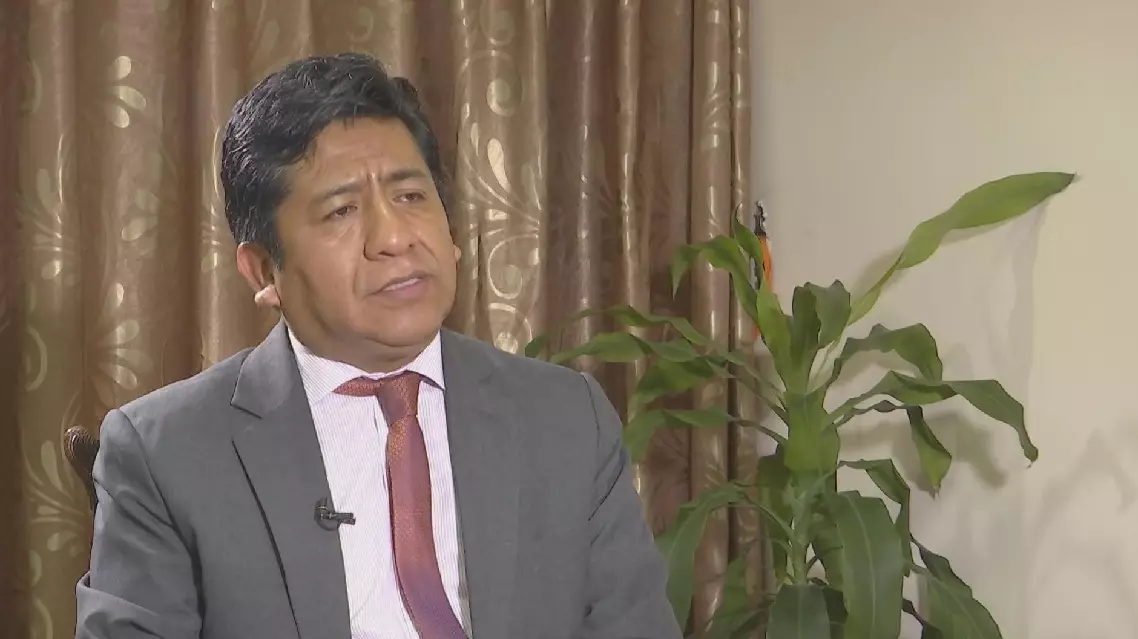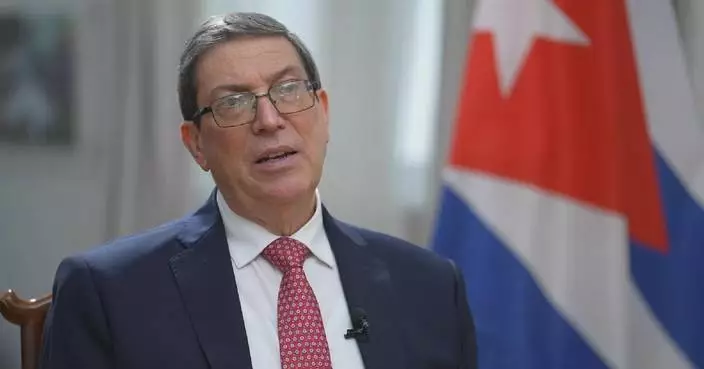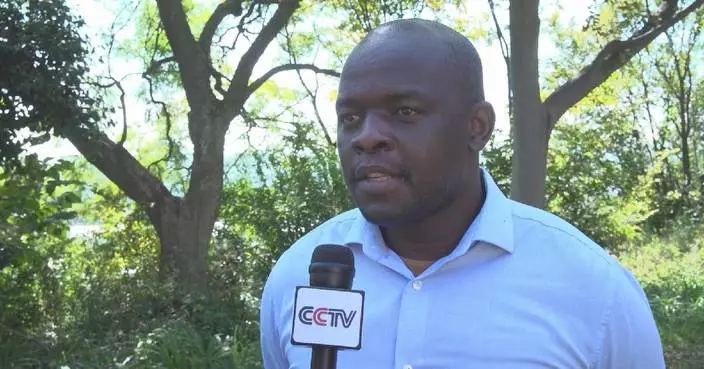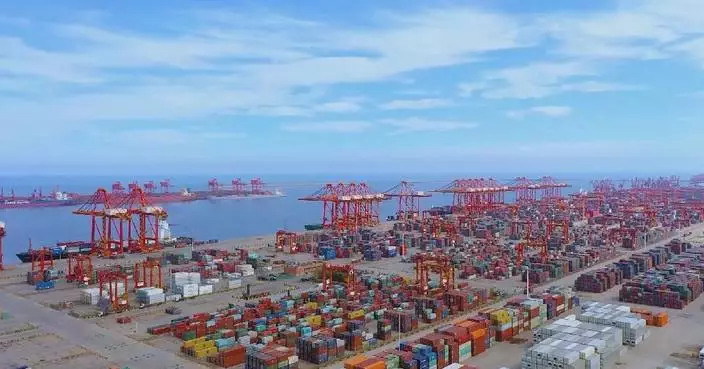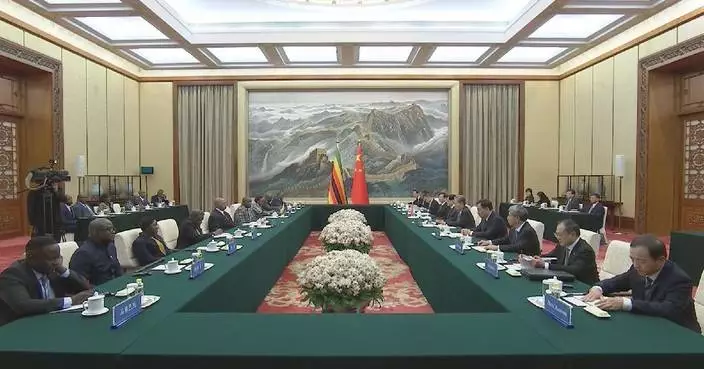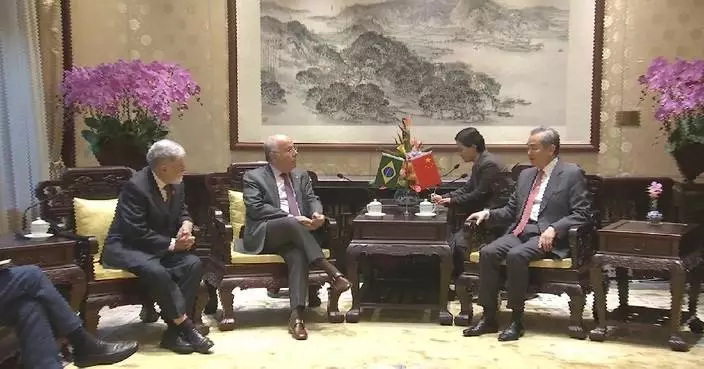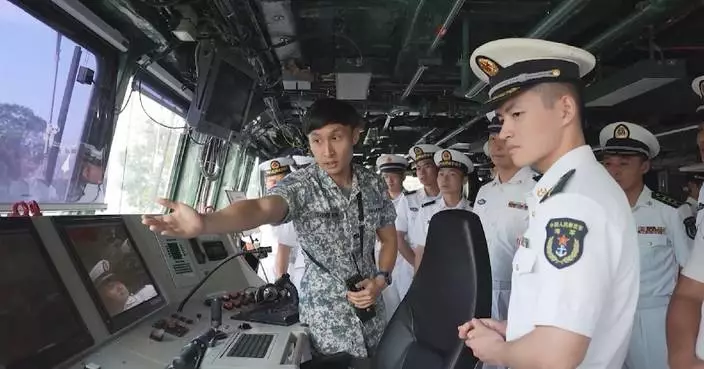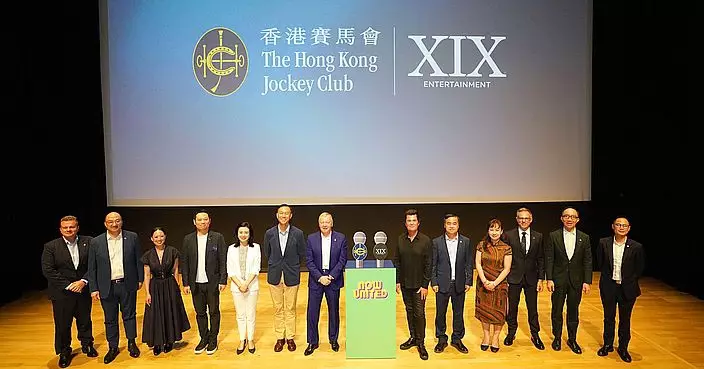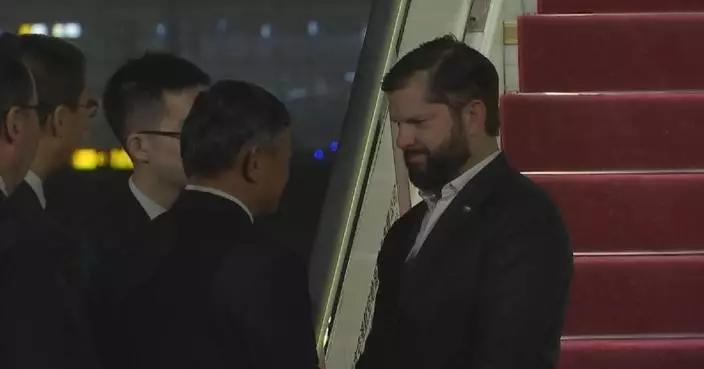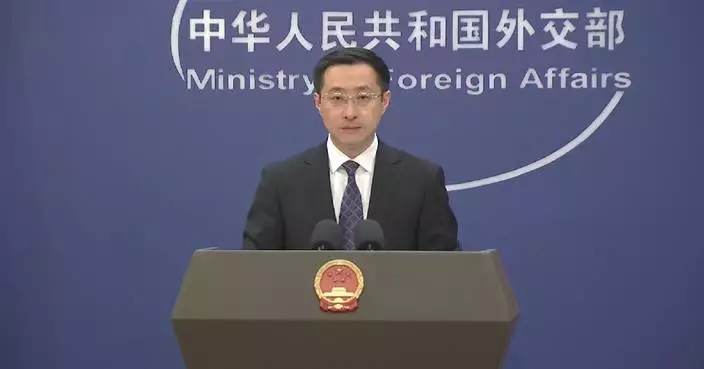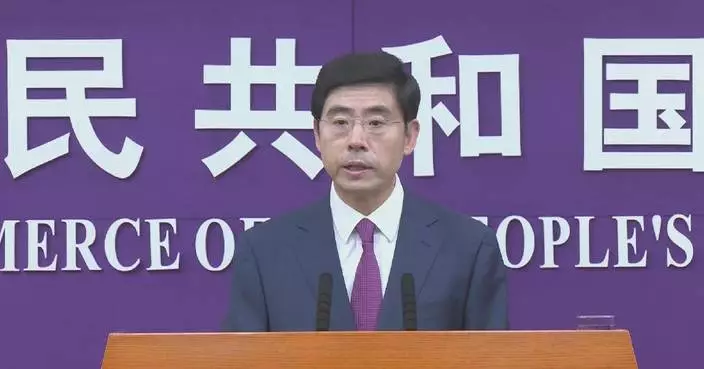Fiscal and tax systems in China are on a firm path forward with the passing of a resolution on further deepening reform comprehensively to advance Chinese modernization, experts said.
The resolution was adopted at the third plenary session of the 20th Communist Party of China Central Committee was held in Beijing on July 15-18, 2024. With economic structural reform as the spearhead, it comprehensively plans reforms in various fields and aspects, putting forward more than 300 important reform measures, all of which involve reforms on the levels of systems, mechanisms, and institutions.
Leading experts in the country shared their views on how the resolution targets the fiscal and tax systems.
"The section of the resolution about deepening reform of the fiscal and tax systems mainly taps on three aspects, that is, budget reform, tax system reform and reform on the fiscal relationship between the central and local governments. The goals and paths of the reforms have been clearly defined," said Yang Zhiyong, director of the Center for Public Finance and Taxation Research at the Chinese Academy of Social Sciences (CASS).
The resolution also proposes to further improve the budget system and strengthen the unified management of all fiscal resources and budgets. All revenues generated on the basis of the exercise of administrative power, government credit, and state-owned resources and assets will be placed under government budget management. China will also improve the budgeting and performance assessment systems for state capital operations and strengthen fiscal support for major national strategic tasks and basic public wellbeing.
"This can help our budget system towards major progress of becoming more comprehensive, standardized, open and transparent. It can also strengthen the ability to coordinate fiscal resources and further increase the government's resources that can be allocated," said Luo Zhiheng, executive member of the Chinese Tax Institute.
According to the resolution, the tax structure will be improved to make taxation systems more conducive to high-quality development, social fairness, and the building of a unified market. More efforts will be made to explore approaches for better adapting these systems to new forms of business.
Improving the fiscal relationship between the central and local governments constitutes one of the key parts of the reforms. As such, the resolution proposes to establish a fiscal relationship between the central and local governments that features well-defined powers and responsibilities and the appropriate allocation of resources, with an optimum balance between regions.
To place more fiscal resources at the disposal of local governments, efforts will also be made to expand the sources of tax revenue at the local level and appropriately grant greater tax management authority to local governments, according to the resolution.
It also proposes measures to appropriately expand the scope of use for funds raised from the sale of local government special-purpose bonds while properly granting the central government greater administrative authority and increasing the share of its expenditure in total government expenditure.
"The rationalization of the relationship between the central and local governments will help our central government to better implement macroeconomic regulation, help local governments to better implement the decisions and arrangements of the central government, and also help to better improve the transfer payment system," Luo said.
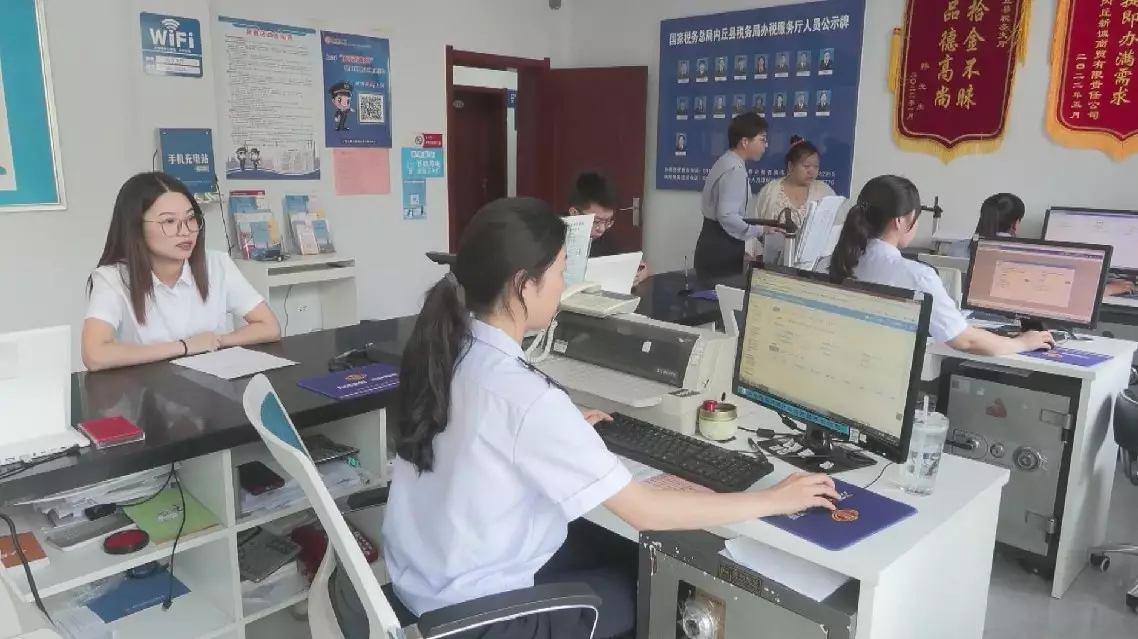
China's reform resolution charts course for further deepening fiscal, tax reform: experts


